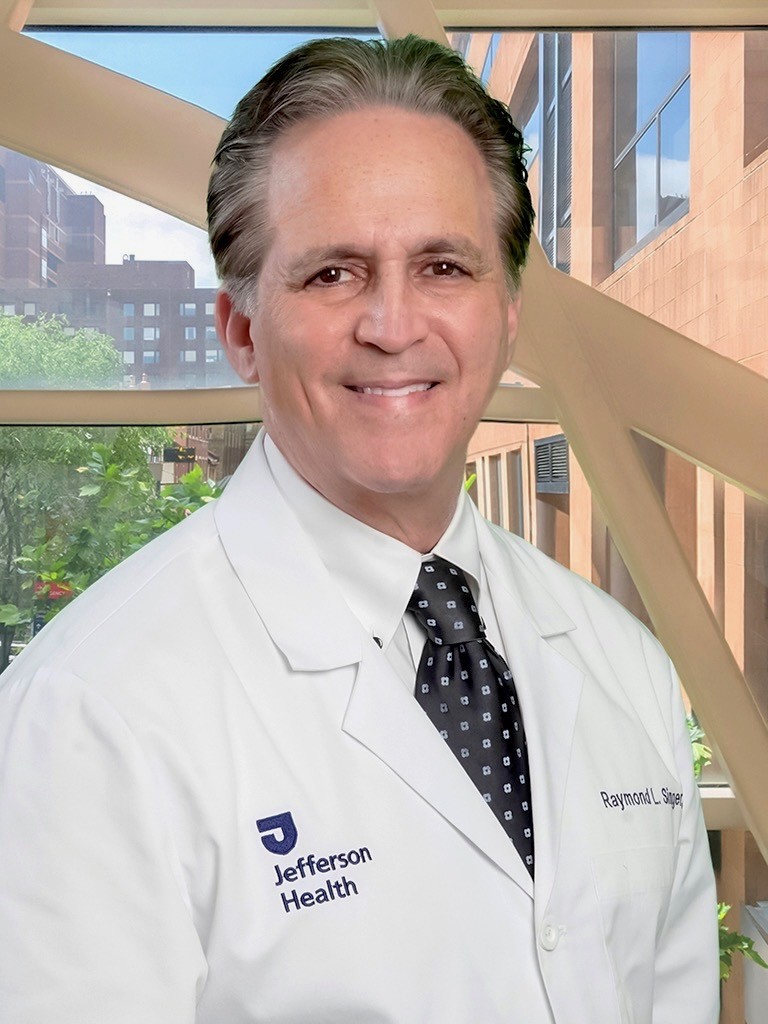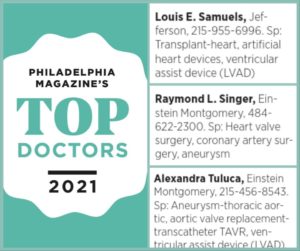As long as your heart beats, your purpose burns.
Have no regrets. Just ask yourself one question, “What are you going to do with the time you have left?”
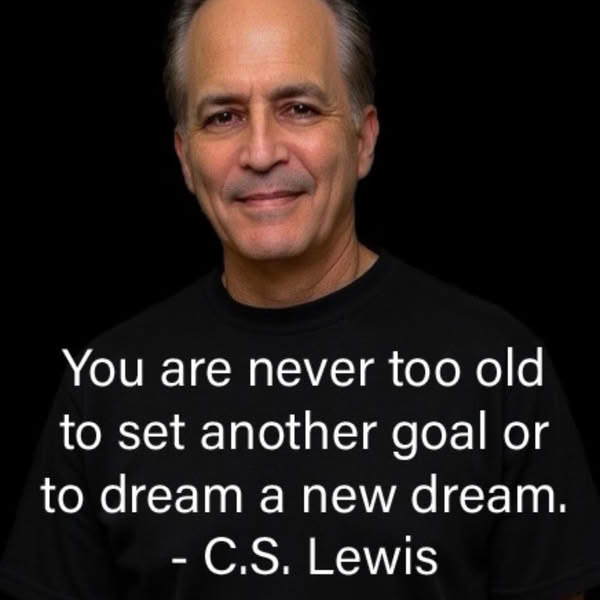
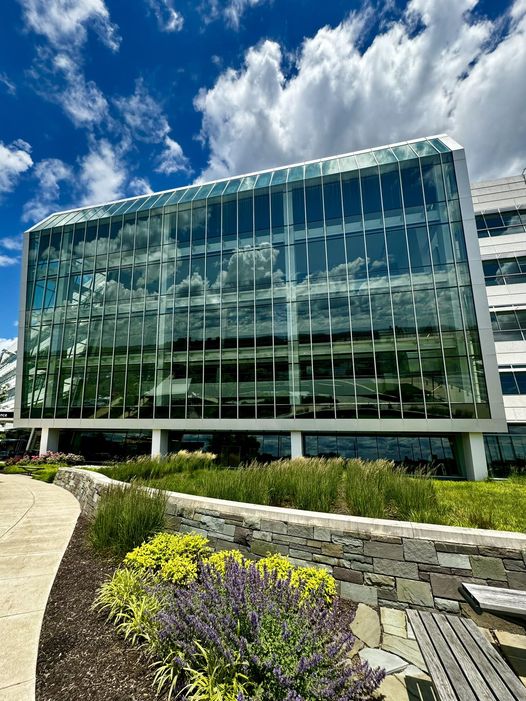
6/4/2024
“There’s a lot more to medicine than just science, son.”
It’s a beautiful day outside and as always, I enjoy taking walks around our stunning campus at Jefferson Einstein Montgomery Hospital. Working at a hospital that is both beautiful and modern is of course a joy. However, the greater good is the impact that these beautiful facilities have on our patients’ recoveries.
Many research studies now reveal how beauty can heal patients on many levels. A study at the University of Michigan found that a high appreciation of beauty helps people recover from anxiety and depression.
At the University of California, Berkeley, research found that people who experience awe in response to nature’s beauty have significant lower levels of inflammation, reducing the risk of depression, diabetes, cardiovascular disease, and other illnesses. In fact, research found that the more often we experience awe, the lower our inflammation levels.
On a personal note, though my father was not a doctor, he gave me the most sage advice when I graduated medical school. At that point, my father had been battling multiple cancers. Through his experience as a patient, having undergone multiple cancer surgeries and treatments, he reminded me at my graduation that “there’s a lot more to medicine than just science son.”
My father understood that a caring and comfortable healing environment, with compassionate doctors and staff, could make all the difference in a patient’s mental wellbeing, and provide patients with more hope and inspiration to recover.
My Dad sadly passed away from his cancers in 1994, most sadly he died on Father’s Day. But his teachings live on in me —and for that, I am forever grateful.

What does it mean to have an “attitude of gratitude?”
It is not merely a matter of being appreciative of things that may or may not occur on any given day of your life. Instead, the type of gratitude that impacts our physical, mental, and spiritual health goes much deeper. It is having the core belief that all of what we receive in life is a gift, that we are granted something more and above what we have earned, such as the unconditional love of a parent. In a sense, when we approach life with this “attitude of gratitude,” what we are doing is simply practicing feeling loved and feeling blessed.
How do we cultivate an “attitude of gratitude?”
Start by writing a “gratitude journal.” Every day write down something good that happened to you that day, something for which you are grateful. Write a letter of appreciation to someone who has touched your life –a teacher, your parent, or a friend. Even more powerful would be to make a “gratitude visit” and express your gratitude in person.
Most of all, we must all learn to focus on what we have, not what we don’t have –to look at the glass as half-full, not half-empty. We need to let go of our useless anxiety over what is missing in our lives and learn to enjoy and appreciate all our blessings. While we cannot deny that certain life events make legitimate demands upon us, it is how we approach these adversities that will most likely determine whether we achieve a positive and healthy outcome.
See all of life’s events –both good and bad—as a blessing. If you can do this, you will feel peace and live a more successful and healthy life.
– Originally Published on Findatopdoc.com
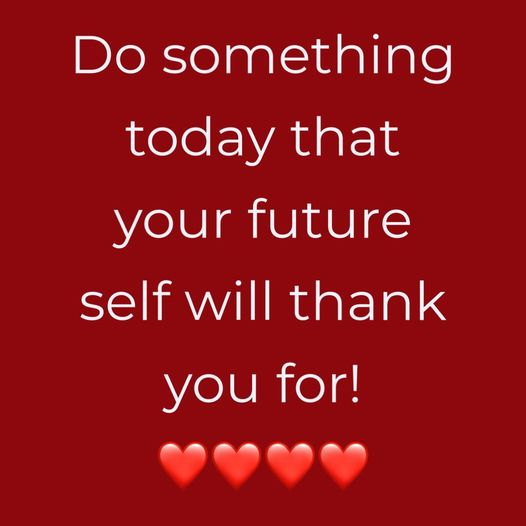
Nature’s Therapeutic Influence
Do natural views have therapeutic influences on hospitalized patients? This is the view from one of my patient’s room, who told me that seeing the outside landscape gave her peace and hope to recover.
Studies suggest that most people —not just patients— have favorable affective responses to nature and prefer natural more than urban scenes. Views of vegetation and especially water may elicit positive feelings, reduce fear, hold attention, and block stressful thoughts.
Translating this to the patient experience may be important, be it a natural view from the window, ambient lighting themes, or ceiling decor. Reducing patient stress may help both with their experience and their outcomes. It may also help the staff experience and thus the retention of staff, as well as help to differentiate the hospital.
“Look into nature, and then you will understand it better.” – Albert Einstein


